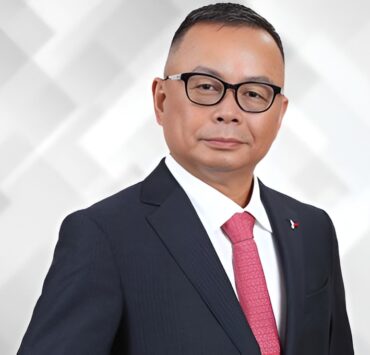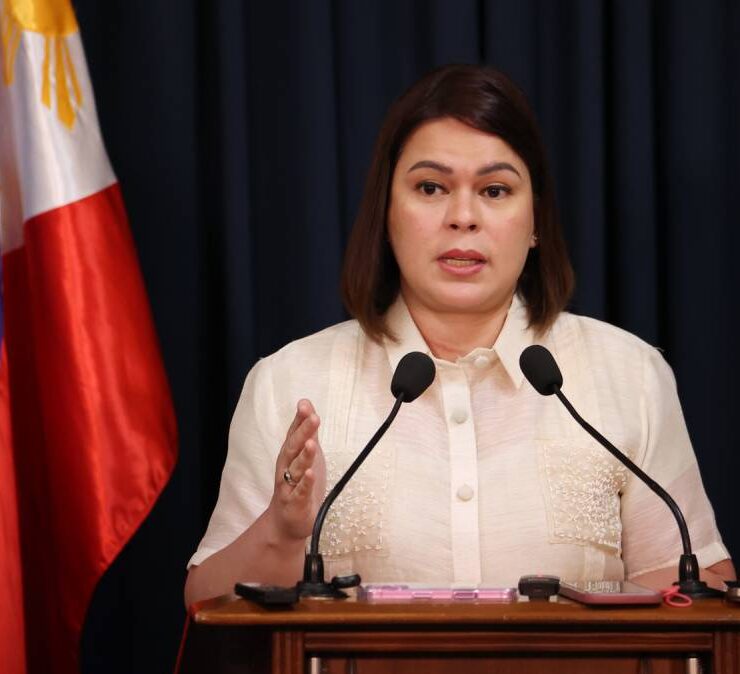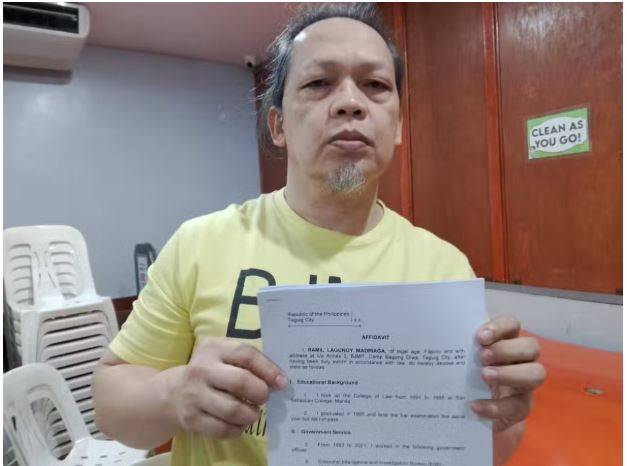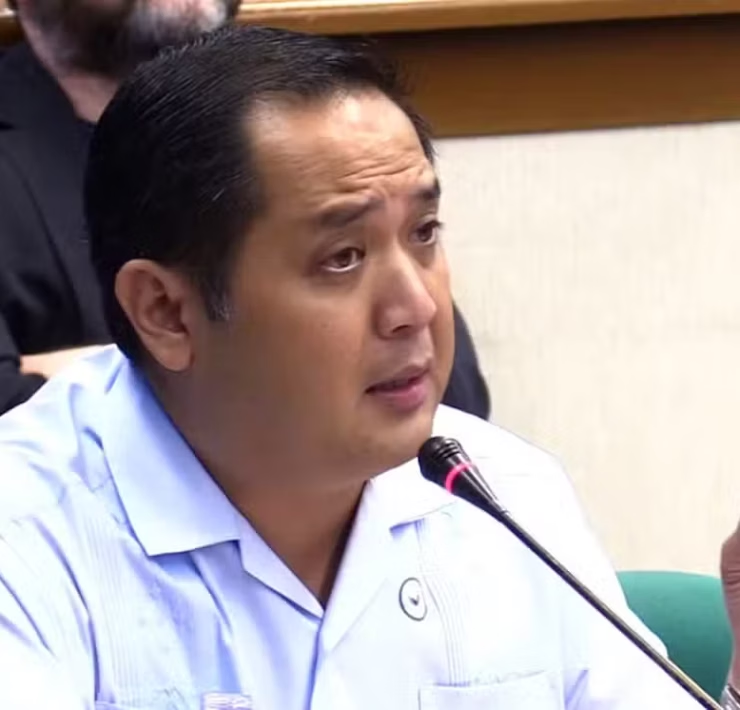House probe to cover Davao flood control
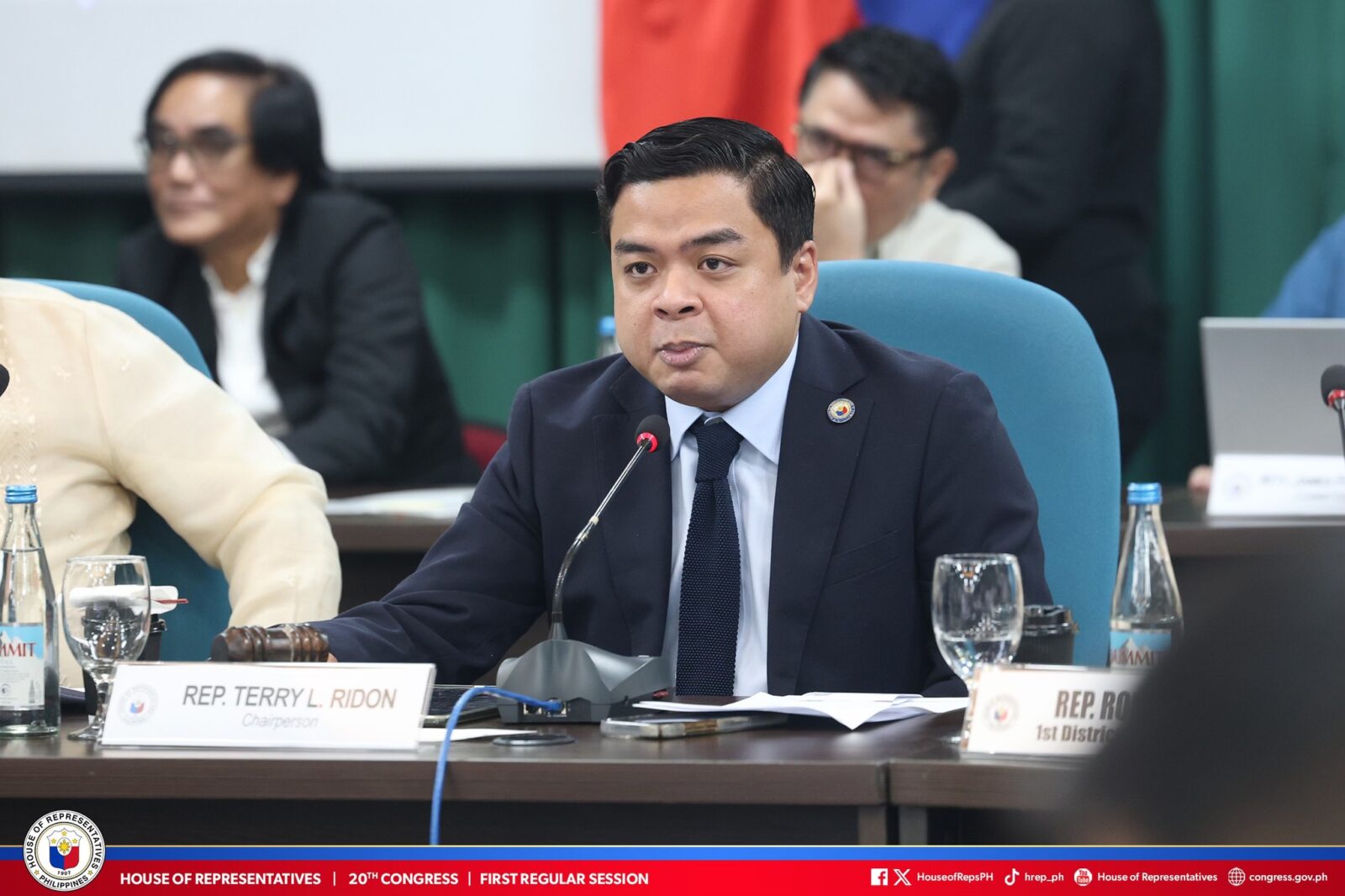
The Duterte stronghold of Davao City would not be spared from the upcoming House inquiry into questionable flood control projects under the Marcos and the previous administrations.
On Thursday, Bicol Saro Rep. Terry Ridon, chair of the committee on public accounts, part of the so-called House “infracomm,” said they planned to look into the flood control project allocations for Davao City during the Duterte administration, including those in the district of Davao City Rep. Paolo Duterte.
The Davao lawmaker’s siblings, Vice President Sara Duterte and acting Davao Mayor Sebastian “Baste” Duterte, dismissed the Marcos administration’s crackdown on flood control was just a show.
The acting Davao mayor said that the ongoing probe into flood-mitigation projects was nothing more than “political theatrics,” claiming that President Marcos should be held accountable as he is the country’s highest-ranking official. His sister, the Vice President, called it a “circus.”
“Because he [Marcos] is turning that into a press release now, it’s his PR stunt now,” he said in an interview with former presidential spokesperson Harry Roque.
Come home from Hague
The three along with their half-sister Veronica Duterte are currently in The Hague, the Netherlands, ahead of their father’s upcoming International Criminal Court (ICC) hearing on the charge of murder as a crime against humanity filed against ex-President Rodrigo Duterte in relation to the brutal war on drugs. (See related story)
In the first place, Ridon said, the Duterte siblings should be home amid the current flooding crisis plaguing the country, including Davao City, which reported 265 areas submerged during the rains these past few days.
“Why is there flooding within Davao City? The funds that have been allocated (for flood control) there are large, what happened to that?” Ridon said. “Was it actually implemented well or was it subject to the same concerns that we have today in different areas, which are ghost projects or substandard projects?”
Last year, Public Works Undersecretary Catalina Cabral said that from 2019 to 2022, during the last three years of the former president’s term, the city received P51 billion just for flood control, and always far more than the proposed budget during those years’ National Expenditure Programs. For example, the city originally had a P4.7-billion proposed budget for flood control in 2020, but this nearly tripled to P13.7 billion under the General Appropriations Act (GAA).
The same happened in 2021, when the city proposed P9.7 billion for flood control projects which more than doubled to P25 billion under the GAA.
“So it is also very important that we also see the impacts of flood control systems within Davao City and within Davao Region because I’m quite certain that there were large funds spent within this administration and more particularly in the previous administration (for those areas),” Ridon said. “That can serve as a basis to also look into the implementation of flood control projects (there).”
Family record
Manila Rep. Bienvenido “Benny” Abante said the acting Davao mayor should confront his own family’s record rather than dismiss the inquiry.
“My suggestion to Mayor Baste is that he ask his brother, the Congressman, how much funding he got when he was a Congressman during his father’s time? He should reveal how much, where it was used, where that funding was used, [and] why the floods in Davao are still severe,” he said.
In response, Representative Duterte said he would direct the Department of Public Works and Highways (DPWH) district and regional offices to provide him with the official data and amounts.
“Besides, do not mind the floods in Davao, I can guarantee everybody that every peso allocated was implemented,” he said. “There are no collapsing flood control projects here, nor are there any ghost projects here.”
Starts Sept. 2
The infracomm will begin its probe into the DPWH’s implementation of infrastructure projects, particularly flood control, on Sept. 2, according to Ridon.
The two other panels that form the infracomm are the committee on public works led by Surigao del Sur Rep. Romeo Momo Sr. and the committee on good government headed by Manila Rep. Joel Chua.
Ridon said the resource persons who would be invited include all the contractors that had secured, according to the President, major flood-control projects. They include Sims Construction Trading, which had been pointed to as the contractor of ghost projects in Bulacan province.
Representatives of the Government Procurement Policy Board Philippine Contractors Accreditation Board would also be invited, he added.
Earlier, Ridon said the probe would start with Marcos’ list, which consisted of 15 contractors, and would examine whether they were completed, delayed, substandard, or worse, ghost projects.
He said that the infracomm’s goal was to identify irregular flood control projects, which would serve as the “trigger” for deeper investigations, including finding possible ties between lawmakers and these contractors.
Top contractors
On Aug. 11, Mr. Marcos revealed that P100 billion, or about 18 percent of the entire P545-billion budget for flood mitigation undertaken by his administration from July 2022 to May 2025, was awarded to only 15 out of 2,409 accredited contractors.
He disclosed that the following provinces had the highest number of flood control projects, according to the DPWH, though not all were the most flood-prone: Bulacan (668 projects), Cebu (414), Isabela (341), Pangasinan (313), Pampanga (292);, Albay (273), Leyte (262), Tarlac (258), Camarines Sur (252), and Ilocos Norte (224).
Only four of them were the most flood-prone—Pampanga, Bulacan, Pangasinan and Ilocos Norte.
The others, according to the National Adaptation Plan of the Philippines 2023-2025, were Nueva Ecija, Tarlac, Maguindanao, North Cotabato and Oriental Mindoro, and Metro Manila. —WITH A REPORT FROM FAITH ARGOSINO














